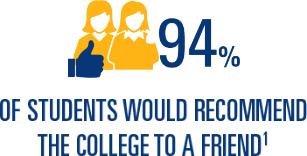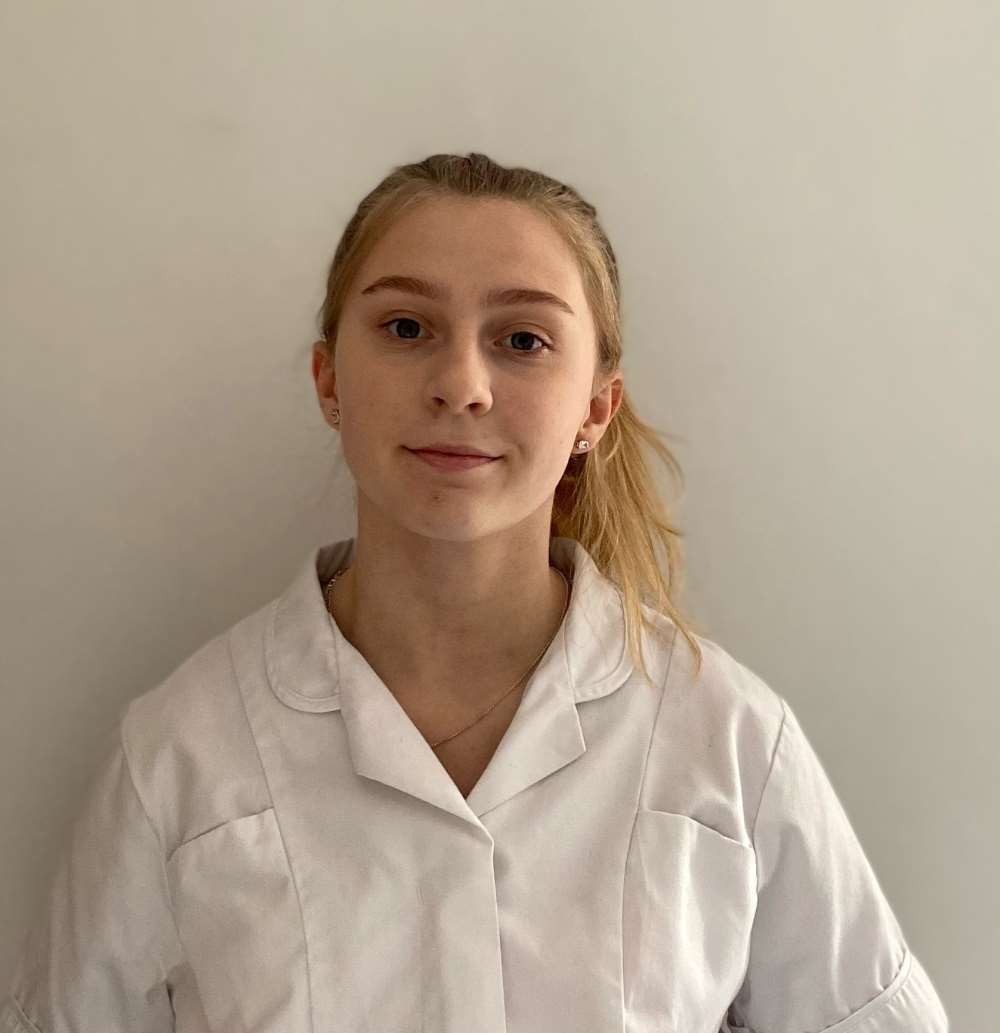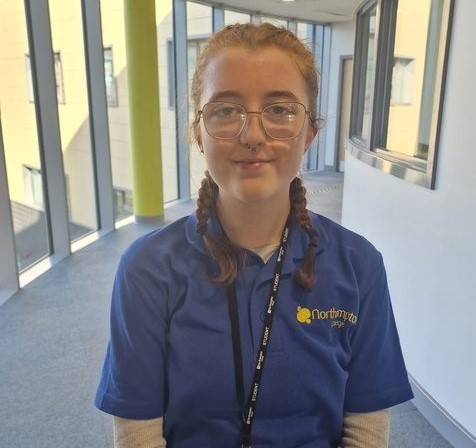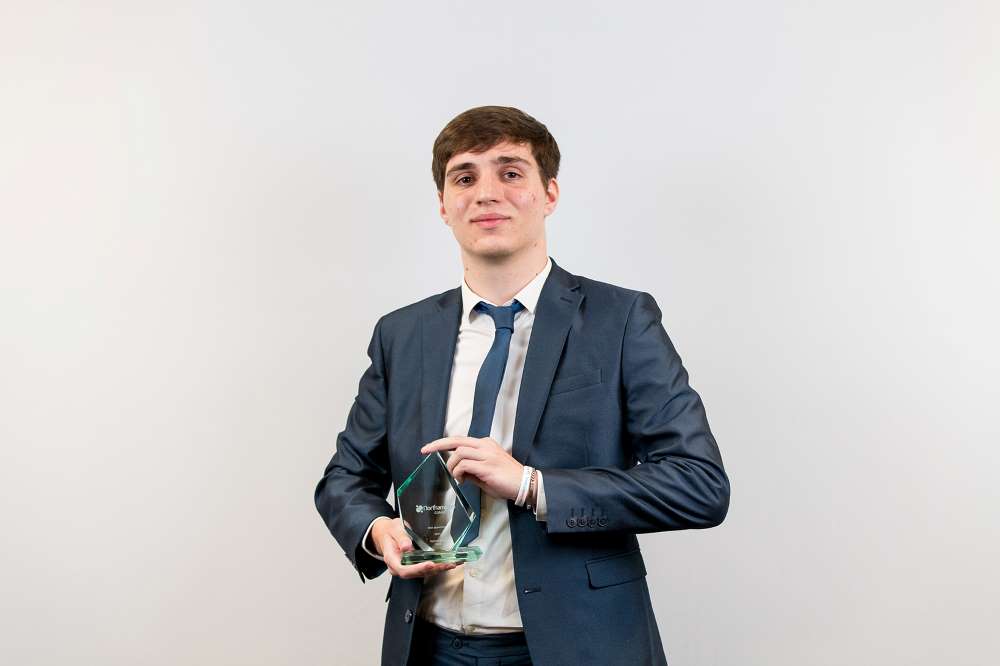This is a lively and fun course designed to help you develop skills in the fields of Media Production as well as improving your literacy and numeracy. You will find out what it is like to work in the Creative Arts industry and do project work in photography and video production to gain a realistic idea about career possibilities in the media. Using software such as Photoshop and Adobe Premiere, you will experiment with techniques to get you familiar with the industry standard software that you will be using. For those interested in moving on to higher level Games Design courses, we also spend time with you developing concepts for Games production using software such as Piksel so bring your games to life.
Dedicated tutorial support will encourage you to develop relevant life and work skills, and build your confidence in your abilities and talents. At the end of the course, you will produce a final major project and will show your work to family and friends.
You will also study for qualifications at entry level or level 2 in Mathematics and English depending on your achievement in these subjects when you enrol.
If you gain a pass grade on the Level 1 programme as well as achieve the Mathematics and English qualifications, you can progress to an appropriate Level 2 qualification.
On completion of this course, you will achieve a Level 1 UAL Diploma in Art, Design and Media.
-
What will I study?
The units you will study are likely to include:
Specialist Units:
- Introduction to materials, processes and skills in art, design and media
- Introduction to contextual research in art, design and media
- Introduction to communication skills in art, design and media
- Solving 2D creative problems
- Solving 3D creative problems
- Solving time-based creative problems
- Art, design and media project
All units are subject to change and may be withdrawn.
-
Who is this course for?
This course is ideal for you if you have an interest in Media and wish to gain a Level 1 qualfication in creative media.
-
How is the course assessed?
All units are assessed through:
- Project work
- Assessment is ongoing throughout the year with overall grades being awarded for all units at the end of the course
- Students are required to achieve a minimum of a Pass Grade in each unit to qualify for a qualification grade
-
Your Study Programme
If you are aged 16-18, you will join a Study Programme. We will make sure you are working at the right level on your core qualification and are challenged to achieve the highest level of qualification you can. All students will continue to improve their maths and English and if you don't have a grade 4 (C) at GCSE, we will work with you towards achieving that goal (subject to specific entry requirements for particular courses). Work experience will be part of your study programme and complement your college study and prepare you for employment. You will also get involved in activities to help you develop life skills and to build your confidence so you can make progress in your career. Weekly timetables will include tutorial support which may comprise of full group activities or one to one sessions to discuss individual progress or support needs.
-
Knowledge
You will develop a thorough knowledge and understanding of:
-
Different audiences needs and how to produce content which meets those needs
-
Media language to understand how messages are communicated to an audience
- A range of pre-production processes with consideration of the impact that these pre-production decisions can have on the quality of the final product.
-
-
Skills
You will have the ability to:
-
Utilise a range of software and hardware to produce media content in line with industry conventions
-
Effectively apply rigorous primary and secondary research skills to the development of products
- Critically evaluate research sources as well as production work in order to make effective improvements to completed products.
-
-
Behaviours
What is required?
-
Develop positive working relationships with others in order to produce industry standard content
-
Build resilience by responding positively to feedback from staff and peers and implement this feedback to make improvements to work produced
- Productivity - organises work effectively and achieves required results within deadlines, demonstrating the drive and energy to get things done in pressurised situations and escalating appropriately when necessary.
-
-
General info
Students will be expected to purchase some basic equipment relevant to the course. This will be conveyed to them in the form of a kit list, sent via email during the summer before they enrol.
There may be opportunities to go on trips throughout the year, the cost of these will be discussed with students ahead of time.
-
Progression and Career Opportunities
Progression routes include:
- Level 2 Diploma
- Level 3 Diploma and Extended Diploma
Employment opportunities include moving in to entry level jobs such as Runners and Researchers within film and television, however, there is an expectation from employers that students continue to progress up to higher levels to achieve higher level qualifications before entering in to employment.
-
Entry Requirements for new students
Four GCSEs at Grade 2 including English Language and Maths or completion of Foundation Studies including English and Maths GCSE grade 2.
-
Admissions Process
We recommend that you attend one of our exciting open events so that you can look around the department, the college and meet the tutors. You are welcome to do this before or after you apply. These events have proved very successful in ensuring students and their families see the best of what the college has to offer such as our inspirational teaching areas, teachers, library facilities and places to eat.
Once you have applied our experienced Enrolment Team will consider your application carefully and will let you know, by email, if the College would like to make you a conditional offer based on you meeting the specified entry requirements. If your predicted grades or career aims suggest that an alternative subject area or course level would be more appropriate for you at this stage, we will contact you either by telephone, email or text. If you have told us that you have some additional support needs we will contact you to find out more so that we can help you.




